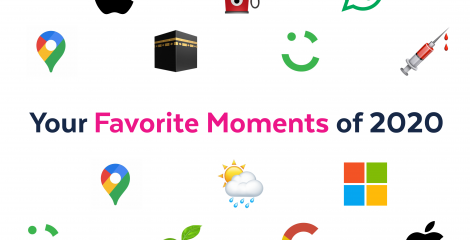Over 80% of point of sale payments made with one of the largest banks in the UAE are now cashless. The impressive statistic was revealed in Emirates NBD’s latest quarterly figures.
The coronavirus pandemic has accelerated the adoption of contactless payments and the UAE has emerged as a regional leader. Almost two-thirds of people in the Emirates favor a cashless economy and 90% already use digital banking.
The UAE now joins a growing list of countries around the world where cash is no longer king. For example, in Belgium, Canada, France and the United Kingdom around 90% of payments do not involve cash.
Across the Gulf, more people are using cashless payments in their daily lives. In Bahrain, the use of electronic money transfers saw an eight-fold increase in August. In Saudi Arabia, 65% of people now use contactless payment options, according to MasterCard. Additionally, the Central Bank of Kuwait increased the contactless spend limit by 150% from KD 10 to KD 25 this year.
Regional countries have even made cashless payments a national priority. Saudi Arabia aims for cash to account for only 30% of transactions within ten years as part of the Kingdom’s Vision 2030. Also, cashless payments are a key goal of the UAE Vision 2021 strategy.
MENA companies leading the cashless drive
Several companies in the region are spearheading the adoption of cashless payments. For example, Careem recently released Careem Pay, its digital wallet to help users pay for their rides and purchases. Also, Ziina, launched this year, is the UAE’s first social peer-to-peer payments company to help people easily transfer money digitally. In Egypt, Fawry is the leading e-payments company, processing 3 million e-payments per day for its 29 million monthly users.
For more cashless coverage check out…
If you see something out of place or would like to contribute to this story, check out our Ethics and Policy section.














